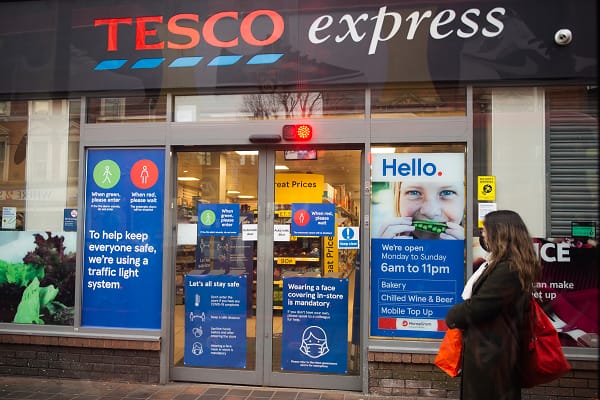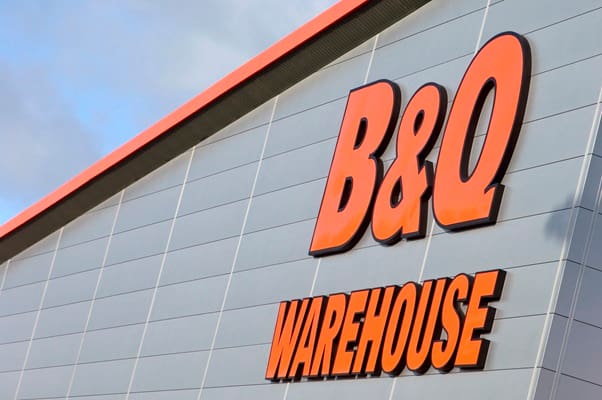Bussiness
Chancellor’s Budget caught firms ‘off guard’ putting a ‘heavy burden on businesses’ – London Business News | Londonlovesbusiness.com

On 30 October the Chancellor Rachel Reeves delivered her Autumn Budget which has hit businesses hard, many have given warnings of job losses, and they will take a hit to their profit margins.
Rain Newton-Smith, chief executive of the Confederation of British Industry (CBI), said the Budget caught companies “off guard.”
She said that profit is “not a dirty word” as this helps companies to invest, but the Chancellor’s Budget has damaged this.
Newton-Smith said the government has bought stability unlike the Toris, but increasing employers’ national insurance contributions and lowering the threshold of when this is to be paid has caused problems for businesses.
The CBI chief warned Labour this will make it more difficult for economic growth as many businesses will not be able to afford to invest to grow.
“What really defines growth is the decisions made in boardrooms up and down the country,” she told the CBI’s conference in London.
“It’s CFOs (chief financial officers) asking ‘Can we afford to invest? Can we afford to expand? Can we afford to take a chance on new people?’
“Well, after the Budget, the answer we’re hearing from so many firms is still ‘not yet’.
“The rise in national insurance, the stark lowering of the threshold, caught us all off guard.
“Along with the expansion and the rise of the National Living Wage – which everyone wants to accommodate – and the potential cost of the Employment Rights Bill, they put a heavy burden on business.”
A Government spokesman said, “Last month we delivered a once-in-Parliament Budget to wipe the slate clean and deliver change by investing to repair the NHS and rebuild Britain, while ensuring working people don’t face higher taxes in their payslips.
“That meant difficult choices to repair the public finances and to put public finances on a firmer footing. However, the alternatives were more austerity, more decline and more instability that would have left businesses and working people worse off.”









